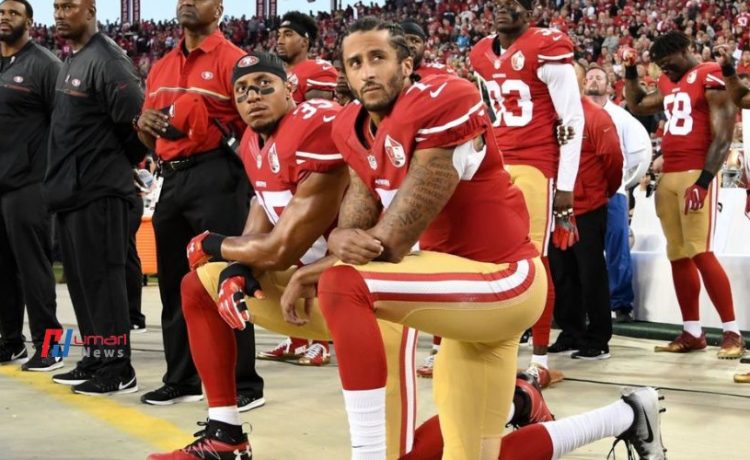For generations, athletes have captivated audiences with their feats of skill and athletic prowess. More recently, however, many athletes are stepping beyond the boundaries of sports and leveraging their platforms to advocate for social and political change. This trend of athlete activism has sparked important conversations, raised awareness for critical issues, and even led to tangible results.
A Spectrum of Causes: From Racial Justice to Gender Equality
The issues championed by athlete activists are diverse and reflect the complex social landscape of our time. Racial justice has been a prominent theme, with athletes like Colin Kaepernick and Naomi Osaka taking a stand against police brutality and racial discrimination. Athletes like Megan Rapinoe and Billie Jean King have become powerful voices for gender equality, advocating for equal pay and opportunities for women in sports.
The fight for LGBTQ+ rights has also seen prominent athlete advocates. Carl Nassib, for example, became the first active NFL player to come out as gay, inspiring countless LGBTQ+ athletes and fans alike. Athletes are also using their platforms to address issues like climate change, voting rights, and mental health awareness.
Amplifying Voices and Raising Awareness
The impact of athlete activism is undeniable. Athletes have a massive reach, with millions following them on social media and tuning in to watch them compete. When an athlete speaks out about an issue, it garners significant media attention and ignites public conversation. This can raise awareness for important causes that might otherwise be overlooked.
Furthermore, athlete activism can inspire others to take action. Seeing a respected athlete advocate for a cause can empower fans to get involved, donate to charities, or even organize their own protests or movements. This ripple effect can lead to significant social change.
Beyond Awareness: The Power of Influence
Athlete activism can extend beyond raising awareness and sparking conversation. In some cases, it has led to concrete results. Colin Kaepernick’s kneeling protest, for instance, brought national attention to the issue of police brutality and helped spur a national conversation about racial injustice. Athletes have also used their platforms to pressure corporations and organizations to adopt more equitable policies. For example, the WNBA’s advocacy for racial justice reform led to significant changes in police practices.
Challenges and Backlash: The Price of Activism
Despite the positive impact, athlete activism is not without its challenges. Athletes who speak out often face backlash from fans, commentators, and even their own teams. Some fans feel that athletes should stick to sports and avoid political or social issues. Athletes may also face financial repercussions, with sponsors shying away from those associated with controversy. In some cases, athletes like Colin Kaepernick have even been ostracized from their sports entirely.
Finding the Balance: Navigating the Complexities
Athlete activism requires a delicate balance. Athletes must be prepared for potential backlash and navigate the complexities of remaining both an athlete and an activist. However, the potential for positive change makes the risks worthwhile.
The rise of athlete activism represents a significant shift in the sports landscape. Athletes are no longer just entertainers; they are using their voices to advocate for a better future. This trend is likely to continue, with athletes playing an increasingly significant role in shaping social and political discourse. As athletes continue to leverage their platforms and speak out on important issues, their collective voice has the potential to create real and lasting change.







